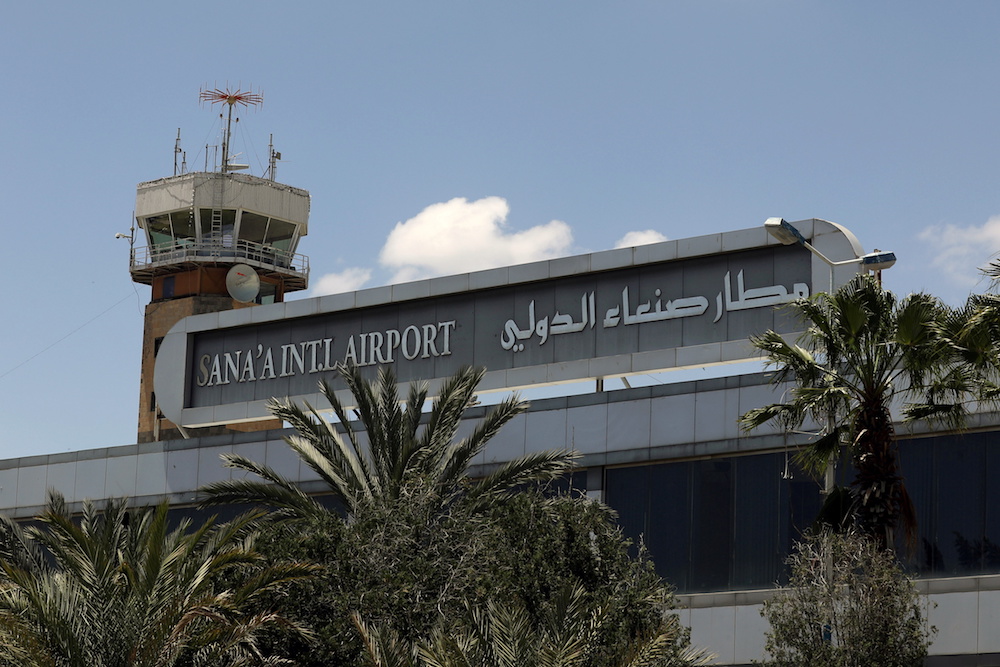New Syria anti-torture law a ‘whitewash’: Amnesty International
LONDON: Syrian President Bashar Assad is trying to “whitewash decades of state-sanctioned human rights violations” by passing a new anti-torture law, Amnesty International has said.
The Assad regime is accused of widespread torture against its own citizens since the start of the Syrian conflict in 2011, as well as myriad other human rights abuses, including forced disappearances, sham trials and extra-judicial killings.
The regime passed the new law on Wednesday, having first proposed it just two days prior. It outlaws the use of torture, with penalties starting at three years’ imprisonment for those convicted of the offense.
But human rights organizations have condemned it, saying it gives no real recourse to justice for victims or their families, leaving many in Syria acutely vulnerable.
“While we welcome any legislative steps towards complying with internationally recognized anti-torture conventions, the new law effectively whitewashes decades of state-sanctioned human rights violations,” said Lynn Maalouf, Amnesty’s deputy regional director for the Middle East and North Africa.
“It fails to offer redress to past victims of torture, include any protection measures for witnesses or survivors of torture, nor does it state whether torture survivors, or in the event of their death, their families would receive compensation,” she added.
“Crucially, it fails to mention any measures that could be taken to prevent torture from occurring in detention centres and prisons in the future.”
Maalouf said without greater international scrutiny and openness from the Assad regime, the new law does not amount to a genuine attempt to rectify its history of committing atrocities against ordinary Syrians.
Moreover, she added, the Assad regime would need to get serious about bringing known perpetrators of torture to trial whilst ensuring they were fair.
“Amnesty International calls on the Syrian authorities to urgently allow independent monitors to access the country’s notorious detention centres — where torture leading to death has been taking place at a mass scale for years — as a first step to signalling any genuine intent to curtail the practice of torture by state agents,” she said.
“Furthermore, the anti-torture law must align with international human rights law — and that means, as a first step, ensuring that the perpetrators of torture, cruel, inhuman or other ill-treatment face justice in fair trials before ordinary civilian courts and without recourse to death penalty.”A

Syrian torture chambers brought to life in haunting drawingsIran torture victim warns of sexual abuse if UK acts upon asylum offshoring plan



